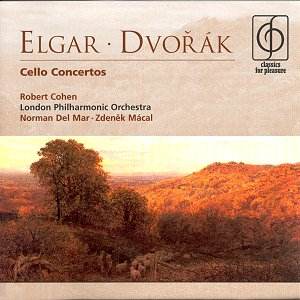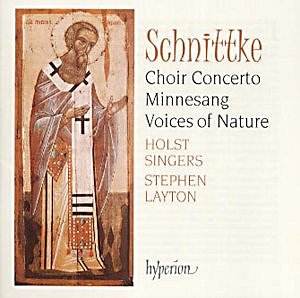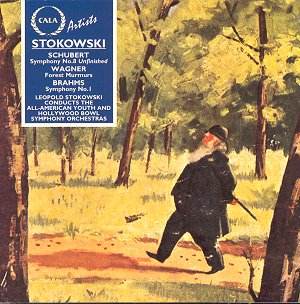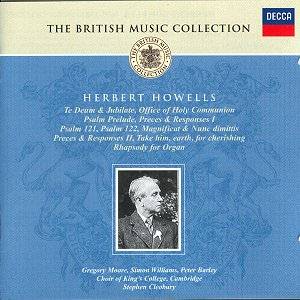 Composer: Antonín Dvořák
Composer: Antonín Dvořák
Works: Cello Concerto in B minor, Opus 104; Sir Edward Elgar, Cello Concerto in E minor, Opus 85
Performers: Robert Cohen (cello), London Philharmonic Orchestra, Zdenek Macal (Dvořák), Norman Del Mar (Elgar)
Recording: 23-24 April 1981, Watford Town Hall (Dvořák); 10-11 January 1980, Walthamstow Assembly Hall (Elgar)
Label: CLASSICS FOR PLEASURE CFP CD 5 74879 2
The Cello Concertos of Dvořák and Elgar stand as monumental pillars in the repertoire, each embodying the emotional depths and technical challenges that have fascinated cellists and audiences alike since their respective premieres. Dvořák’s Cello Concerto in B minor, composed in 1894, is a lush, romantic exploration of loss and yearning, reflecting the composer’s deep personal connections. In contrast, Elgar’s Cello Concerto in E minor, born from the shadows of post-World War I England, manifests a poignant introspection marked by a profound sense of melancholy. Robert Cohen’s interpretations of these works, recorded in 1980-81 with the London Philharmonic Orchestra under the baton of Zdenek Macal for Dvořák and Norman Del Mar for Elgar, offer an engaging glimpse into his artistry during a pivotal period of his career.
Cohen’s performance of Elgar’s concerto reveals a mature sensitivity that captures the work’s elegiac character. From the opening cadenza, he adopts a nuanced approach, emphasizing the lyrical quality of the phrases without sacrificing the necessary weight. This choice is particularly effective, as it allows the cello’s voice to emerge organically from the orchestral textures. The balance between soloist and orchestra is commendable, with Del Mar’s conducting facilitating a cohesive dialogue. One can particularly note the way Cohen employs dynamic shading in the first movement, where the interplay between tension and release is expertly managed, leading to a gripping climax. The subtle, yet impactful, inflections he applies to phrases such as the sorrowful descending lines towards the movement’s conclusion exemplify his interpretative depth.
In contrast, the Dvořák performance, while technically proficient, lacks the sweeping emotional intensity that this expansive work demands. The orchestral sound, under Macal’s direction, is vibrant yet does not fully evoke the quasi-symphonic breadth inherent in the score. Cohen’s phrasing in the first movement seems restrained, which detracts from the necessary ebb and flow that would elevate the music’s dramatic arc. A particularly telling moment occurs in the transition to the second subject, where one longs for a more pronounced shift in emotional weight. The poignant reflection on Josefina Cermakova’s memory—central to the concerto’s narrative—is present but not as overwhelming as it could be in a more impassioned reading.
Recording quality plays a significant role in the overall impact of both performances. The venues chosen, Watford Town Hall for the Dvořák and Walthamstow Assembly Hall for the Elgar, provide a warm acoustic that enhances the orchestral colors and the soloist’s tonal clarity. The sound engineering holds up remarkably well, allowing for an engaging listening experience even decades after the recordings’ initial release. This clarity enables listeners to appreciate the intricate interplay of strings and woodwinds in both works, providing a satisfying auditory experience.
Cohen’s interpretations of these two great concertos, while not without notable strengths, reveal differing degrees of emotional engagement and interpretative insight. The Elgar performance stands out for its eloquence and thoughtful detail, capturing the somber essence of the work with finesse. The Dvořák performance, though solid, does not fully deliver the emotional heft that could make it truly memorable. Given the historical significance of both works and the quality of the performances, this recording remains a valuable addition to the catalog, especially at its budget price point. However, those seeking the most profound interpretations of these concertos may find other recordings that better encapsulate the emotional landscapes that Dvořák and Elgar so masterfully crafted.



